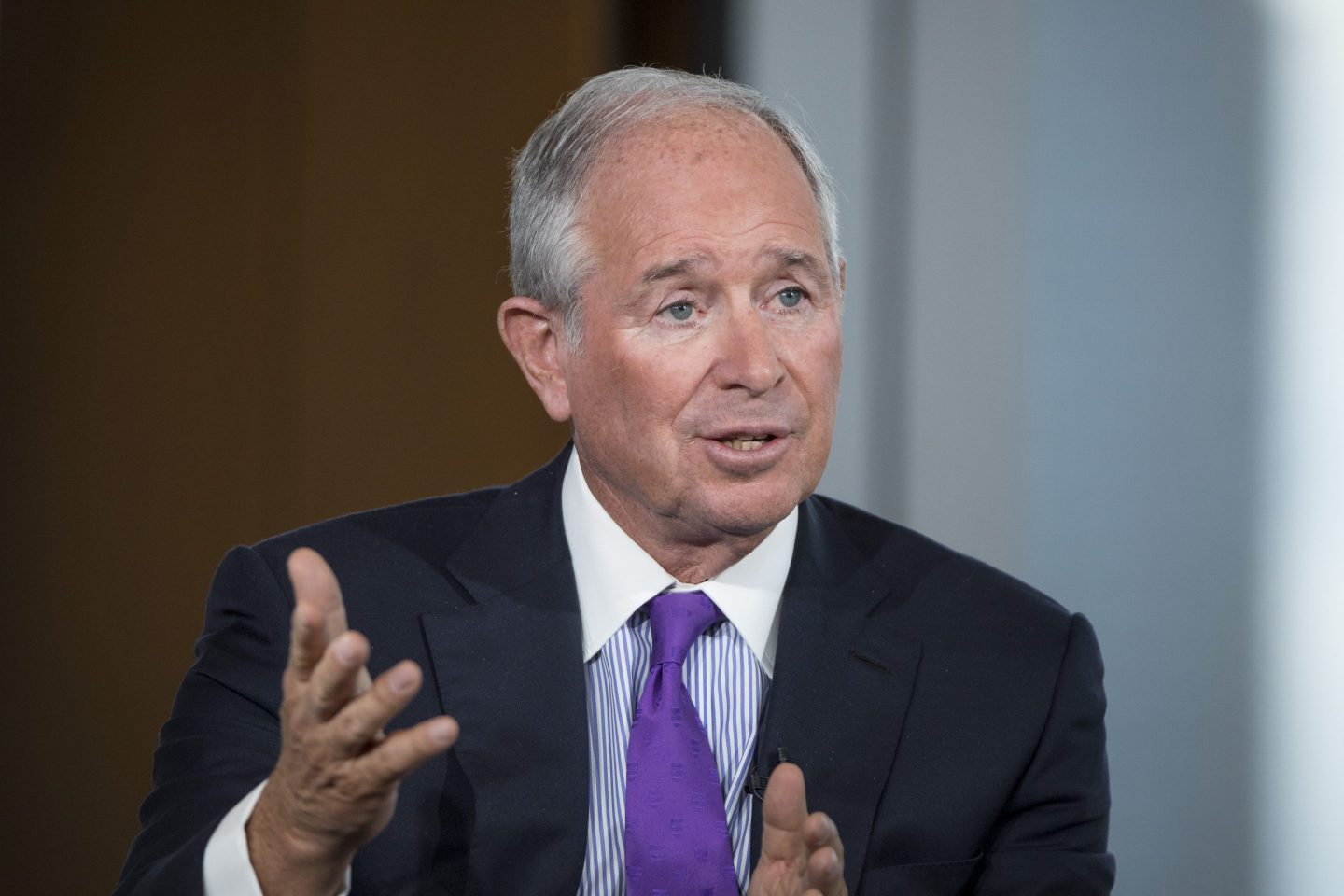Excerpted from The Seven Rules of Trust: A Blueprint for Building Things That Last, in agreement with Crown Currency, an imprint of The Crown Publishing Group, a division of Penguin Random House LLC. Copyright © 2025 by Jimmy Wales.
When trust is destroyed in a fiery crash, someone probably did something wrong. But maybe not. In rare cases, trust burns like the Hindenburg because someone did nothing at all.
In 2024, Jeff Bezos, the legendary founder of Amazon and one of the world’s richest people, gave the world a memorable demonstration.
He’s also the owner of The Washington Post, the newspaper whose coverage of Washington politics often breaks national and international news—as it did when Post reporters broke the Watergate story that destroyed the presidency of Richard Nixon. The Washington Post is no ordinary newspaper.
And 2024 was no ordinary year as we saw a fiercely contested U.S. presidential election contest between Republican Donald Trump and Democrat Kamala Harris. Less than two weeks before the election was held, on November 5, 2024, when polls showed the race neck and neck, the Post’s editorial board wrote the newspaper’s endorsement. The Post would back the Democrat, as it had in every election for many years. The editorial was prepared for publication.
It was never published. Because Jeff Bezos stepped in.
Bezos didn’t order the editorial board to back the Republican, mind you. He ordered the board to not back anyone. And that is why, in 2024, for the first time in decades of presidential elections, the Post published no endorsement. It did nothing.
Which sparked a Hindenburg-scale explosion. All from doing nothing. Which is pretty amazing.
So why the explosion?
It was the timing, not the decision, that made all the difference. Coming less than two weeks before the election, after the editorial board had drafted its endorsement, it didn’t look like an assertion of independence.
Bezos quickly published an op-ed in which he denied that the decision had anything to do with his business interests. It was all about trust, he insisted. “In the annual public surveys about trust and reputation, journalists and the media have regularly fallen near the very bottom, often just above Congress. But in this year’s Gallup poll, we have managed to fall below Congress. Our profession is now the least trusted of all. Something we are doing is clearly not working,” Bezos wrote.
The right way to change the policy was to announce immediately after the last election—long before the candidates for the next election were known—that the Post would stop endorsing candidates. That would have underscored the Post’s independence, not undermined it.
But process aside, I agree with Bezos on substance. In a sense, I have to. One fundamental way Wikipedia established the trust of both editors and readers was the adoption of a similar rule.
It’s called neutral point of view. It’s extremely important to how Wikipedia works.
“Wikipedia is an encyclopedia.” That is its purpose, its reason for existing.
An encyclopedia is a large collection of facts. Things like “The Earth is round.” Or “Paris is the capital of France.” And these facts are presented in clear, simple language. Straightforward, non? In those two cases, yes, it is. And in lots of other cases. However, that’s only because those facts are not seriously disputed. But a vast amount of human knowledge is contested, to one degree or another. Here’s an illustration: George Washington was the first president of the United States. Franklin Roosevelt was the thirty-second. Ronald Reagan was the fortieth. No reasonable person is going to write me an angry letter because I stated that these are facts.
But now imagine I wrote, “Ronald Reagan was one of the best presidents of the United States.” If I stated that as fact, not opinion, in the same way that “Ronald Reagan was the fortieth president” is fact, I would be in for an earful. Lots of smart, informed people may agree with my statement but lots more smart, informed people would disagree. The chronological order of presidents is not disputed by any reasonable person, but the quality of American presidents is hotly disputed by millions of reasonable people.
This explains why there are two very different articles in Wikipedia: One is entitled “List of presidents of the United States.” It states, as fact, that Washington was the first president, Roosevelt the thirty-second, and Reagan the fortieth. Another article titled “Historical rankings of presidents of the United States” presents the results of twenty-five different surveys of experts ranking presidents from best to worst. The surveys often come to very different conclusions. Which survey is correct, or best, or closest to the truth? Wikipedia takes no position on that. It is neutral. It simply presents the results of the surveys and leaves it to readers to make of those facts what they will.
That’s neutral point of view. When there is a serious dispute about the facts, Wikipedia sticks with what it knows are facts: It says “one side says this,” and it says “another side says something different.” But Wikipedia does not say which side is right. It is neutral.
Or to use Jeff Bezos’s word, independent.
Independence is often critical for establishing trust because trust is all about having confidence that someone—whether a person or an organization—will do what they are supposed to do.
It looks easy for a person or group to be independent: Don’t take sides. Done. What could be easier? But it only looks easy because I’ve omitted a whole bunch of complications, caveats, and hard questions.
Consider a university that adopts an institutional neutrality policy. What position should it take about war? Or human rights abuses? These are clearly far afield for the university. It should not take a position. But what if the political issue is, for example, a bill that would restrict freedom of speech or inquiry in universities? Then the university certainly should declare a position and fight for it. That’s because the issue being debated directly impacts the university’s purpose. To take sides then doesn’t set up a second purpose, so it doesn’t raise suspicion that the university is veering off its mission. This is its mission.
The same caveat applies with newspapers, Wikipedia, and any other independent organization.
But when exactly can you say an issue impacts the organization, and when does it not? Extreme cases like wars or human rights abuses are easy. Less extreme cases may be harder to settle. In fact, we can be sure that reasonable people can and will disagree about where precisely to draw the line. That doesn’t change the principle. But it’s critical to recognize that applying the principle, even when everyone agrees the principle is right, will involve debate and disagreement.
A much tougher issue for news sources—and Wikipedia—is language. To take a relatively simple example, consider the terms “far left” or “far right.” In some contexts, using them to describe a position on the political spectrum can be an accurate and neutral statement of fact. But in other contexts, calling someone or some party “far right” or “far left” may clearly suggest that that person or party is dangerously extreme. That isn’t description. It is criticism. Or even a flat-out insult. Is it neutral description? Or is it loaded language that subtly criticizes? Good journalists struggle with questions like that every day. So do Wikipedia editors. And very often, they disagree. Even when everyone is committed to the principle of independence. Even when everyone is informed and thoughtful. Still, they disagree.
And that’s okay! Reality is complicated. Reasonable people sometimes see things differently. In those cases, talking it over civilly may be enough to come to agreement. But not always. They will simply have to respectfully disagree.
The principle of independence is straightforward but its application isn’t, and reasonable people will disagree about how to handle particular cases. Count on it. Getting comfortable with honest disagreement—repeat after me, “Reasonable people can disagree”—is essential.












